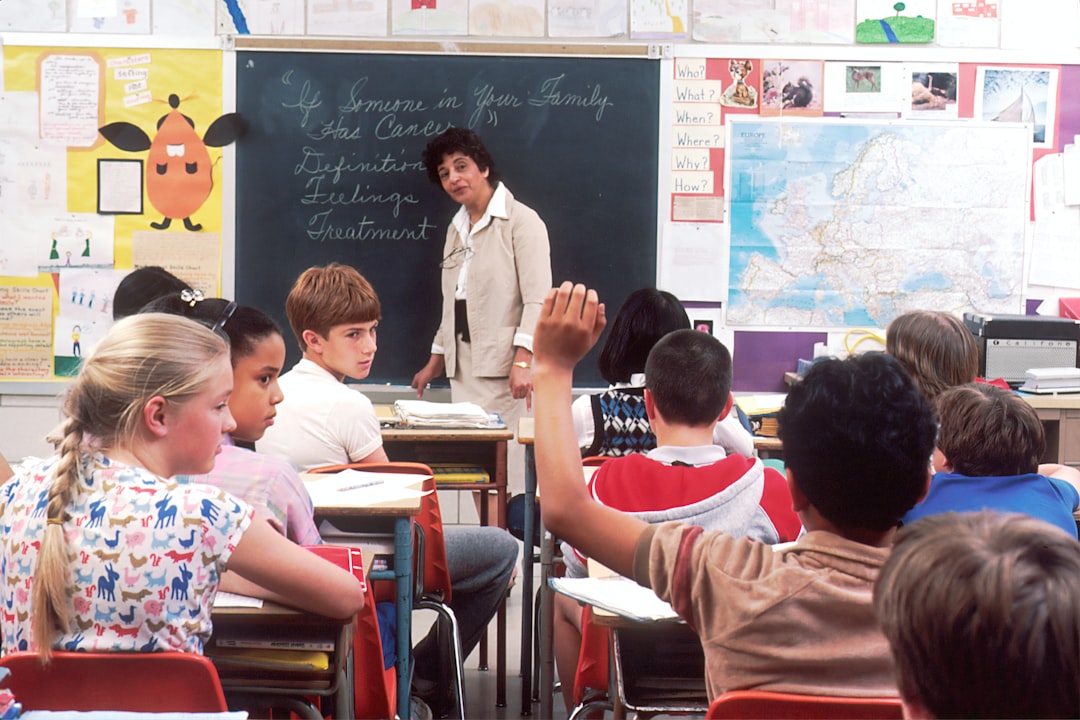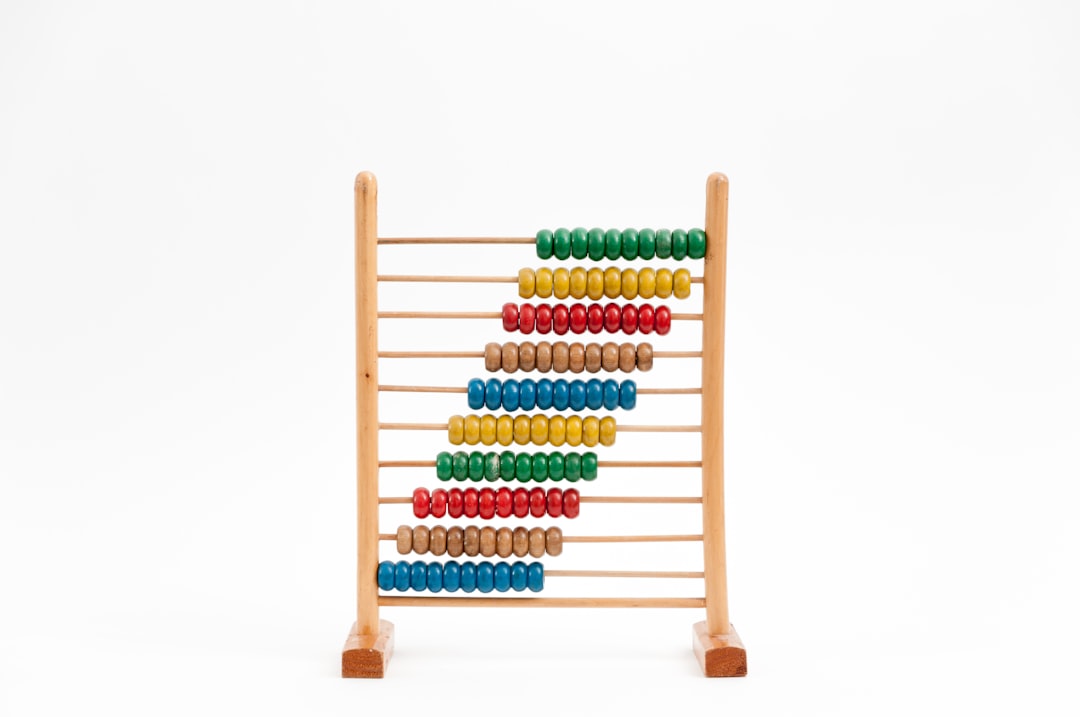What is it about?
You think you know what gifted people are like because you have watched the entire "Big Bang Theory"? Nope! Actually, gifted people do not differ much from others – they are just more intelligent (and also score higher on characteristics that have to do with their intelligence, like achievement). However, we cannot deny that such stereotypes exist. That's what we examined: We told German teachers a little story about a child that was either gifted or not and asked them to rate this child on four dimensions that have proven relevant to achievement: intelligence/ability, motivation, prosociality, and maladjustment. What we found was that teachers think that gifted students are more intelligent (not a big surprise, eh) but also less prosocial and more maladjusted, compared to students described as average. Amazing what difference one little word can make! What would results look like in the rest of the world?
Featured Image
Why is it important?
Teachers are in a unique position to both identify and foster student ability. If they have a wrong conception of gifted students, this is a problem. They might either not recognize prosocial and perfectly adjusted gifted students or mistake maladjusted and antisocial students as gifted. The result would be that none of them would get into contact with adequate learning environments: the unrecognized gifted students would be bored, whereas the falsely recognized non-gifted students would be overchallenged in a program that is not suited to their needs.
Perspectives
This study builds on other studies on the same topic, and there is evidence that these prejudices can also be found similarly when participates rate students on other constructs (e.g., personality), when asking the general population explicitly about the constituents of the gifted stereotype derived from the literature, and when using implicit associations instead of a story and a questionnaire. Also, we found some hints that these stereotypes affect how members of a high-IQ society feel about themselves (okay, they may be somewhat special!). Our next paper will examine whether the stereotype also applies in the US, where giftedness seems to have a much better image than in Germany.
Dr. Tanja Gabriele Baudson
TU Dortmund University
Read the Original
This page is a summary of: Teachers’ Conceptions of Gifted and Average-Ability Students on Achievement-Relevant Dimensions, Gifted Child Quarterly, April 2016, SAGE Publications,
DOI: 10.1177/0016986216647115.
You can read the full text:
Contributors
The following have contributed to this page










